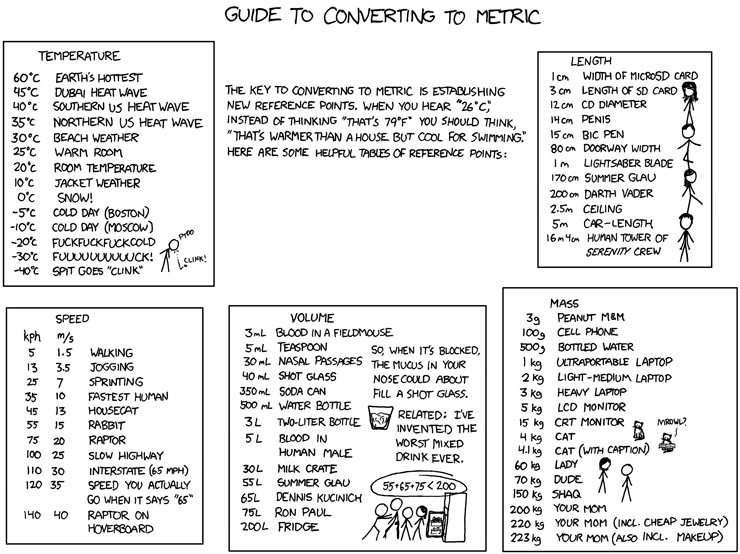* Evaluate and interpret the meaning of the textual material.
* Support a thesis with evidence appropriate to position and audience.
* Organize and connect ideas.
* View situations from different perspectives.
* Compare and contrast source material so that analysis can be made and theories can be proved or disproved.
* Draw inferences, suppositions, and conclusions from source materials.
* Perform a medley of solutions to a possible problem and present those solutions in a logical, coherent manner.
* Differentiate between fact and fiction, concrete and abstract, theory and practice.
* Make estimates and approximations and judge the reasonableness of the result.
* Apply quantitative and/or qualitative techniques, tools, formulas and theories in the solution of real-life problems and recognize when to apply those techniques, tools, formulas, and theories.
* Interpret data presented in tabular and graphical form and utilize that data to draw conclusions.
* Use quantitative relationships to describe results obtained by observation and experimentation.
* Interpret in non-quantitative language relationships presented in quantitative form.
* Apply the scientific method including methods of validating the results of scientific inquiry.
By these definitions, any course can be a critical thinking course! What do you think?

